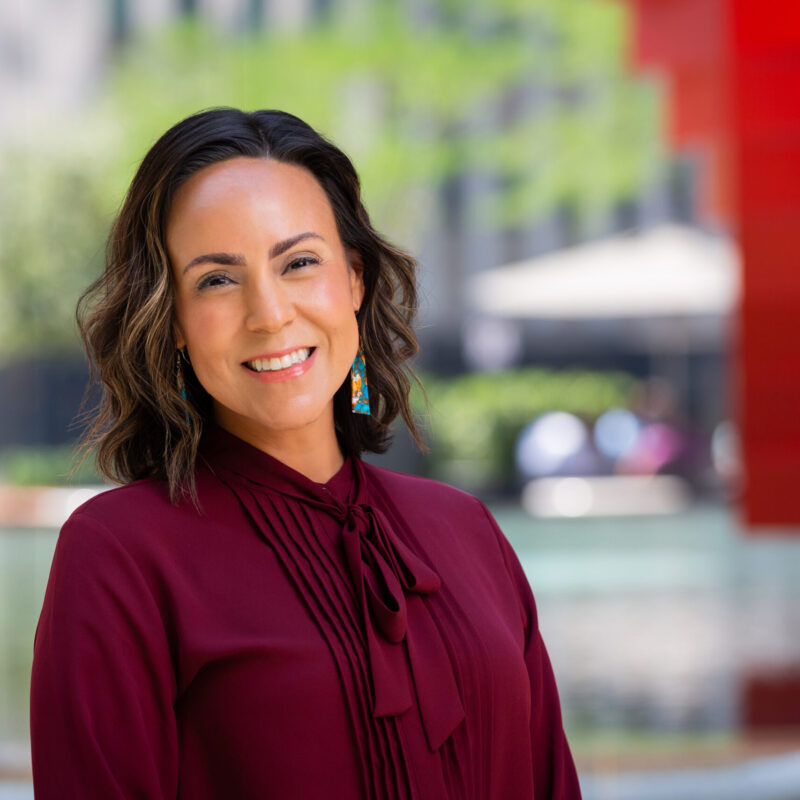Culture is medicine for wellness.
I brought that wisdom with me to The California Wellness Foundation, a lesson learned through my 17 years working to support Tribes that are among the First Peoples of this nation. Some of the most impactful moments of my life have been spent with Native people, witnessing their spiritual relationship to the land and hearing the ancient languages that have sustained them for generations.
These experiences were even more meaningful knowing the strength it took for Native Americans to hold on to their languages and culture while enduring forced assimilation, violence and displacement from ancestral lands at the hands of Spanish colonizers and the American government.
Through our foundation’s grantmaking focused on Leading for Power and Change, I saw a clear opportunity for Cal Wellness to support the wellness of Native communities by reclaiming culture and language. And I recognized that a different approach to grantmaking would be needed. That’s because what has been taught to me as important to Tribes — language, revitalization of culture, traditional ceremonies, having access to land where you can pray — doesn’t fit neatly into foundation strategy boxes and outcomes.
The first step in developing a relationship with Native communities is not to request a proposal and then make a site visit. In Indian Country, reciprocity is what matters and that begins with a trusting relationship grounded in listening and being in community. You take in the creation stories, hear the sacred songs, acknowledge the ancestors and break bread together. Then, you can begin talking about possibilities for collaboration.
It was through these conversations that opportunities emerged for Cal Wellness to support the So’Oh-Shinali Sister Project, created by three Native women driven to create culturally-rooted community opportunities for wellness and education. We also support Advocates for Indigenous California Language Survival, working to revitalize Native languages through programs and events, and the California Indian Basketweavers Association to preserve and promote basketry traditions. There is also a deep connection between civic engagement and health, and we support the California Native Vote Project, an organization that builds political power through an integrated voter engagement strategy.

